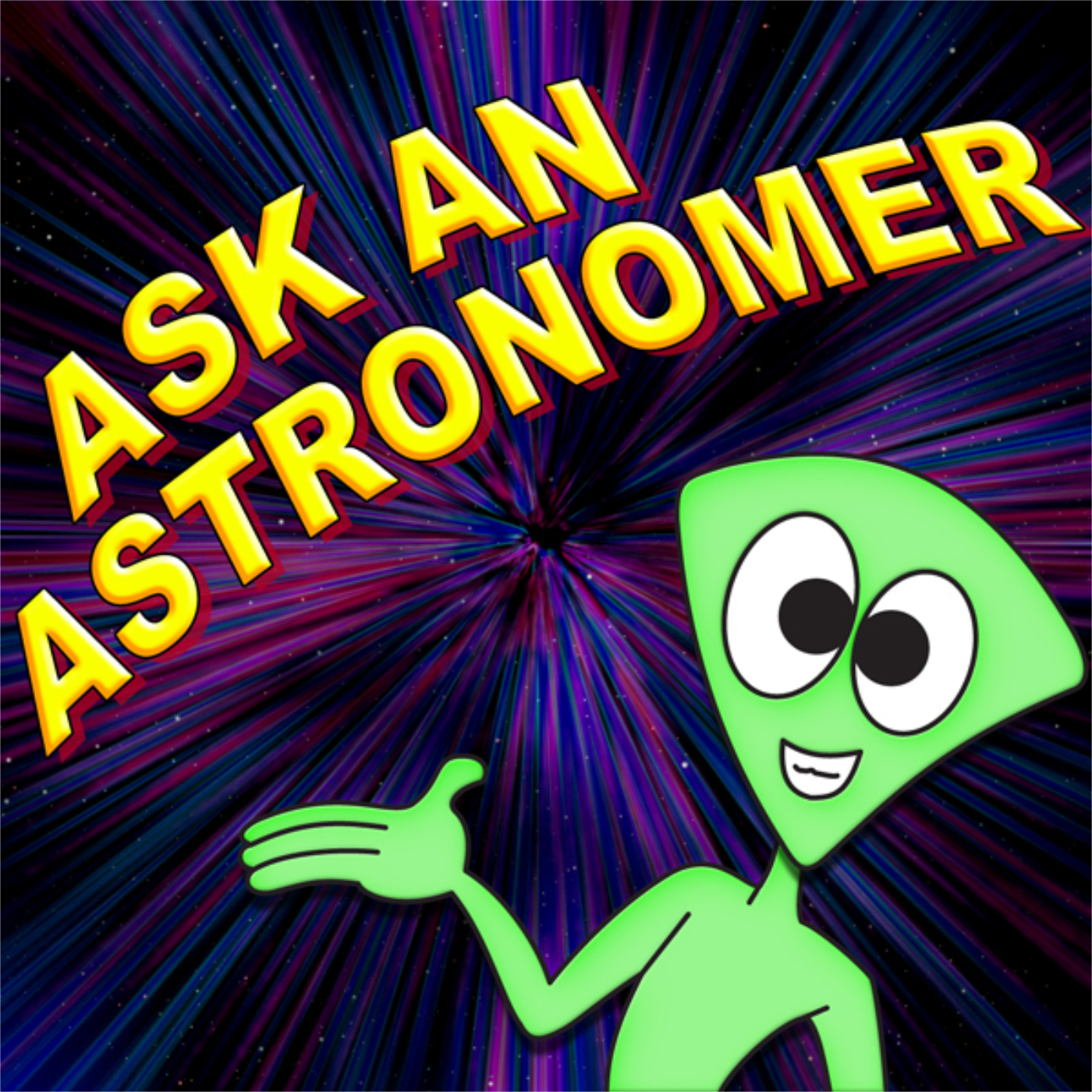Where Is the Center of the Universe? (Ask an Astronomer)
NASA's Spitzer Science Center / IPAC / NASA / Caltech
Ask an Astronomer
Where Is the Center of the Universe? (Ask an Astronomer)

Ask an Astronomer
Where is the center of the universe?
This may seem like a simple question.
Since the universe is expanding, it would seem logical that it was expanding
away from a particular point. But the universe doesn't actually work
like that. The Big Bang, which started the
expansion of the universe, isn't like a firecracker explosion where there's a boom
and all the pieces go flying apart from a single point. The Big Bang was in fact
the creation of matter and space, and it is this space that's expanding.
Think of space as if it's a sidewalk with people standing on it. The expansion
of the universe isn't the people walking away from each other,
but it's more like the sidewalk is spreading
and moving the people apart.
As a simpler example, let's take the surface of a balloon.
We can draw galaxies on it, but notice that no galaxy is at the center of the surface.
When we blow up the balloon,
all the galaxies spread apart from each other.
If you look at any single galaxy, all the other galaxies
seem to be spreading away from it. Every galaxy sees itself
as the center of the expansion, but since not every point can be the center,
that really means there is no center. The more space there is between any two
galaxies, the more the expansion will be pushing those galaxies apart.
So the further away one galaxy is from another, the faster it will be expanding
away from it. This discovery was made in 1929 by
Edwin Hubble, who discovered that the further away a galaxy is, the faster it was
proceeding from us. And that's now known as the Hubble Law.
The rate of expansion of the universe is now known as the Hubble Constant.
So even though it looks like we're at the center of the universe,
the universe doesn't actually have a center. For Ask an Astronomer,
I'm Dr. Varujan Gorjian for NASA's Spitzer Science Center.
NASA Jet Propulsion Laboratory, California Institute of Technology
Continue listening and achieve fluency faster with podcasts and the latest language learning research.